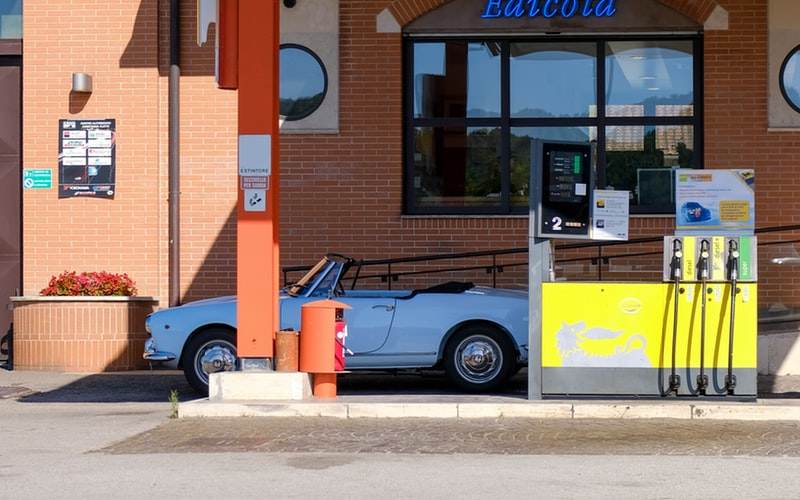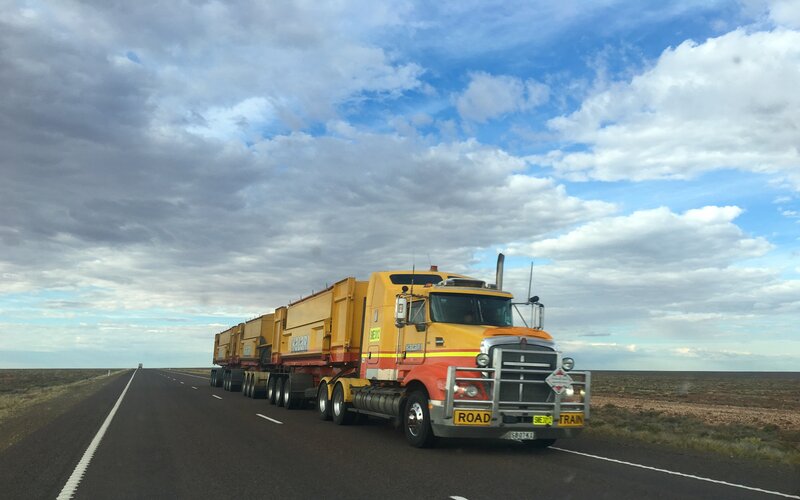While a deposit may reduce the amount required to purchase a new car, handing over a chunk of savings is never an easy task, especially if you have greater ambitions such as a property purchase. For this reason, banks and lenders offer no deposit car loans to help bring you one step closer to owning a new set of wheels.
How do no deposit car loans work?
As the name suggests, no deposit car loans require no deposit on your behalf. These loans are generally offered as secured loans, meaning the car being purchased acts as security in the event you may be unable to make repayments.
Most car loans do not require a deposit, but you should still aspire to have one because it means you won’t need to borrow as much money, thereby reducing your interest payable.
Why consider a no deposit car loan?
No deposit car loans are considered by many looking to purchase a new set of wheels, given they do not require you to dip into your piggy bank of savings to purchase an asset. Instead, by borrowing the full amount for the vehicle purchase plus any fees, you are able to maintain savings while making repayments over the loan term - rather than paying upfront with cash or credit at the start of the loan.
What to look for when comparing a no deposit car loan?
When looking to compare no deposit car loan options to ensure you receive a competitive deal, consider a number of features before signing on the dotted line.
Loan amount
Given the fact that no deposit is required, the amount required to borrow for the purchase of a new car will increase. Borrowing 100% or more of the car's value means you need to ensure you can afford to repay your debt. Check out Savings.com.au’s car loan calculator to ensure you can adequately meet repayments for your no deposit car loan.
Interest rate
The interest rate applied to your loan can significantly affect its total cost. Comparing interest and comparison rates across fixed and variable rate loans can help you find a competitive rate and save thousands of dollars over the loan's life.
Fees
The associated fees with a no deposit car loan can include:
-
Establishment fee: An establishment fee is charged to cover the cost of setting up your loan. This fee is typically added to the loan principal and is required to be paid off along with the rest of the money borrowed.
-
Maintenance fee: A monthly maintenance fee, which is an ongoing fee, is usually charged on your no-deposit car loan.
-
Early repayment fee: If you decide to repay your loan early, the lender may require an early exit or early repayment fee to recover its lost interest.
-
Additional repayment fee: Some lenders may charge an additional repayment fee for any extra repayments that are made beyond your approved repayment schedule.
-
Late repayment fee: If you are late on a repayment or miss it altogether, you may be charged a late payment fee.
Loan term
The loan term impacts the loan's total cost. A longer term may lower the interest rate, but it also means more repayments and a higher overall cost.
Repayment schedule and flexibility
Consider how often you'll need to make repayments and if you can make additional repayments or pay the loan off early without incurring extra fees.
In addition, some lenders may require additional loan features, like loan or car insurance to be taken out before the loan can be granted unconditional approval.
Applying for a no deposit car loan
To apply for a no deposit car loan, banks and lenders will typically require a minimum of 100 points of identification which can include documents such as your driver's license, passport, Medicare card or birth certificate.
Additionally, you will need to provide the vehicle details including its make, model, registration number, engine number, purchase price, and whether it is new or pre-owned.
Proof of income is also required, which may include two or three recent payslips, proof of employment, employer contact information, and two years of tax returns for those who are self-employed.
Importantly, you will need to provide details on your assets and liabilities, including any properties you own, other loans you may have, your ongoing expenses, and any outstanding debts such as credit card balances. This will be assessed by the bank or lender to determine your ability to repay the car loan sufficiently, without impacting your financial position.
Savings.com.au’s two cents
If you are looking to purchase a new car, you may want to take advantage of a no deposit car loan to ensure you do not have to dip into your savings that you have worked so hard to build up. However, before simply signing on the dotted line to lock yourself in to a car loan, consider your financial position and whether you can afford to meet no deposit car loan repayments. Importantly, having no deposit means you will be paying more over the life of the loan given a greater amount of interest will accumulate. If you can, choose a no deposit car loan option with a low interest rate, offering fee-free additional repayments to ensure you can pay off your car loan as quickly as possible.
Advertisement
In the market for a new car? The table below features car loans with some of the lowest interest rates on the market.
| Lender | Car Loan | Interest Rate | Comparison Rate* | Monthly Repayment | Interest Type | Vehicle Type | Maximum Vehicle Age | Ongoing Fee | Upfront Fee | Total Repayment | Early Repayment | Instant Approval | Online Application | Tags | Row Tags | Features | Link | Compare | Promoted Product | Disclosure |
|---|---|---|---|---|---|---|---|---|---|---|---|---|---|---|---|---|---|---|---|---|
5.99% p.a. | 7.12% p.a. | $580 | Variable | New | No Max | $8 | $400 | $34,791 |
| Promoted | Disclosure | |||||||||
6.52% p.a. | 6.95% p.a. | $587 | Fixed | New, Used | No Max | $0 | $350 | $35,236 |
| Promoted | Disclosure | |||||||||
6.57% p.a. | 7.19% p.a. | $588 | Fixed | New | No Max | $0 | $250 | $35,278 |
| Promoted | Disclosure |
Image by Kenny Eliason via Unsplash






 Denise Raward
Denise Raward
 Harry O'Sullivan
Harry O'Sullivan

 Staff Writers
Staff Writers
 Harrison Astbury
Harrison Astbury

